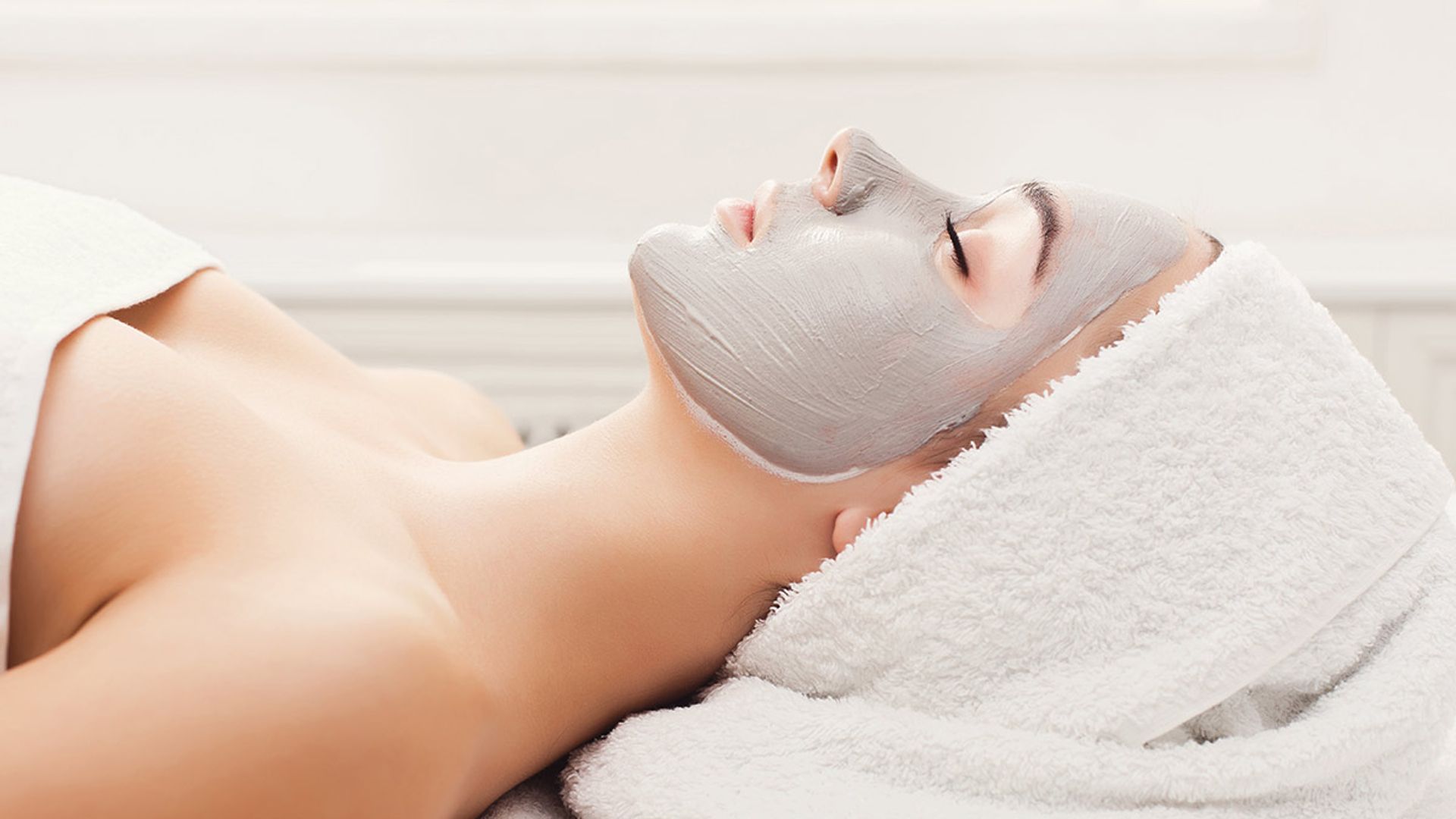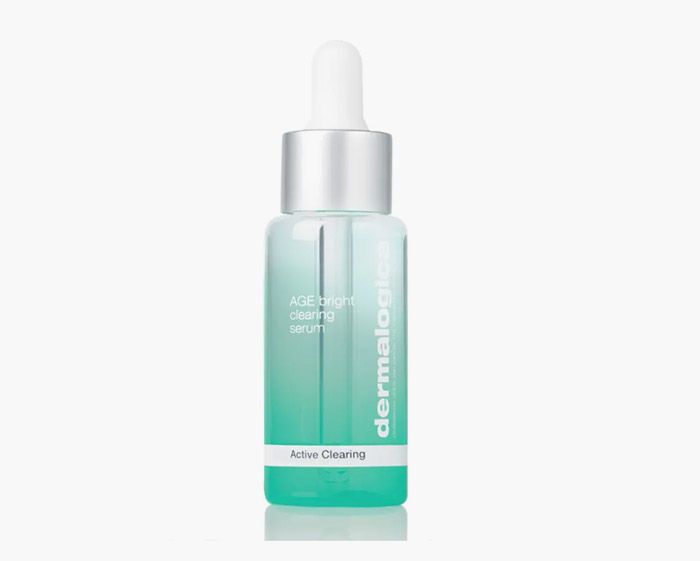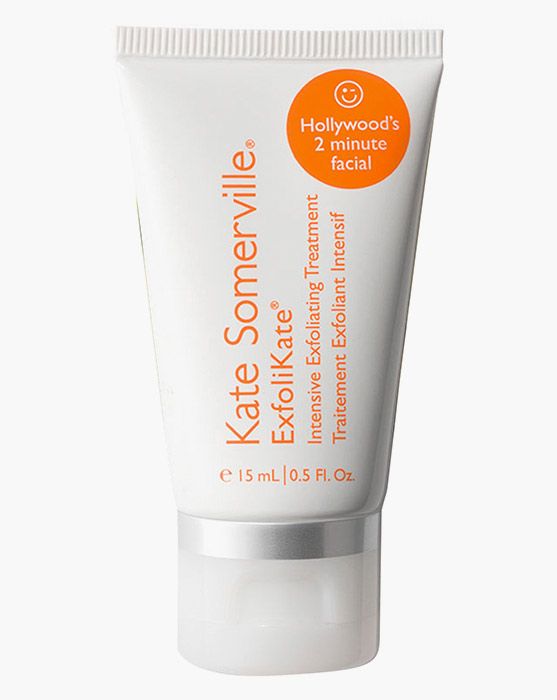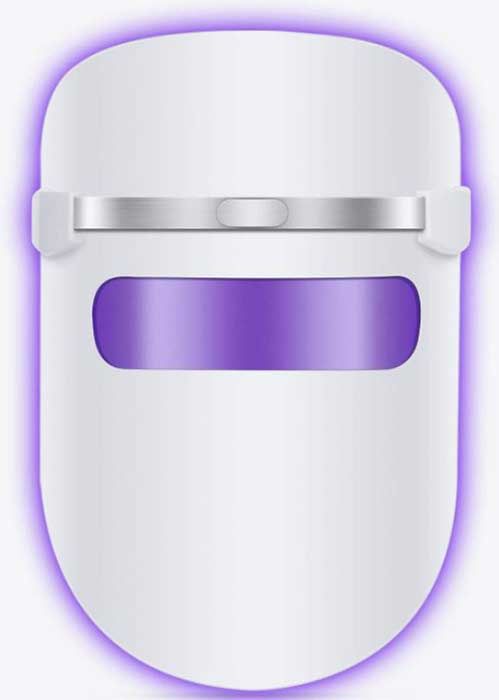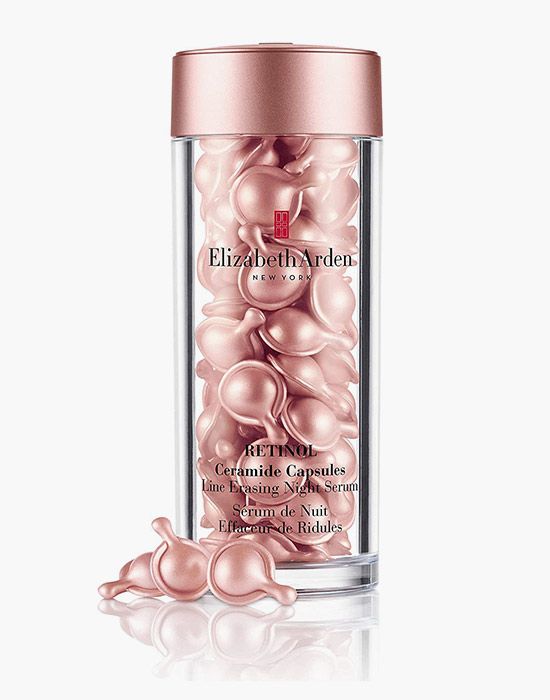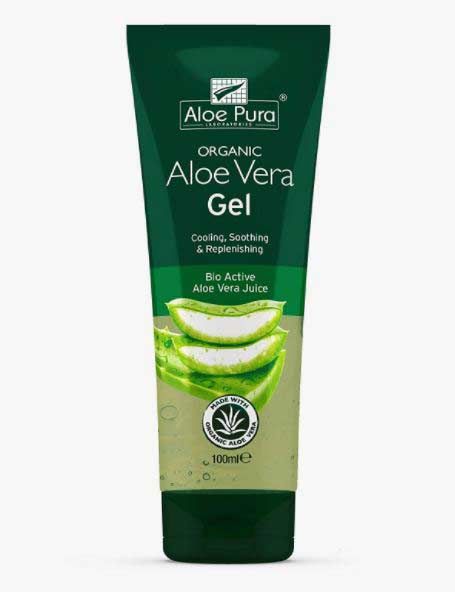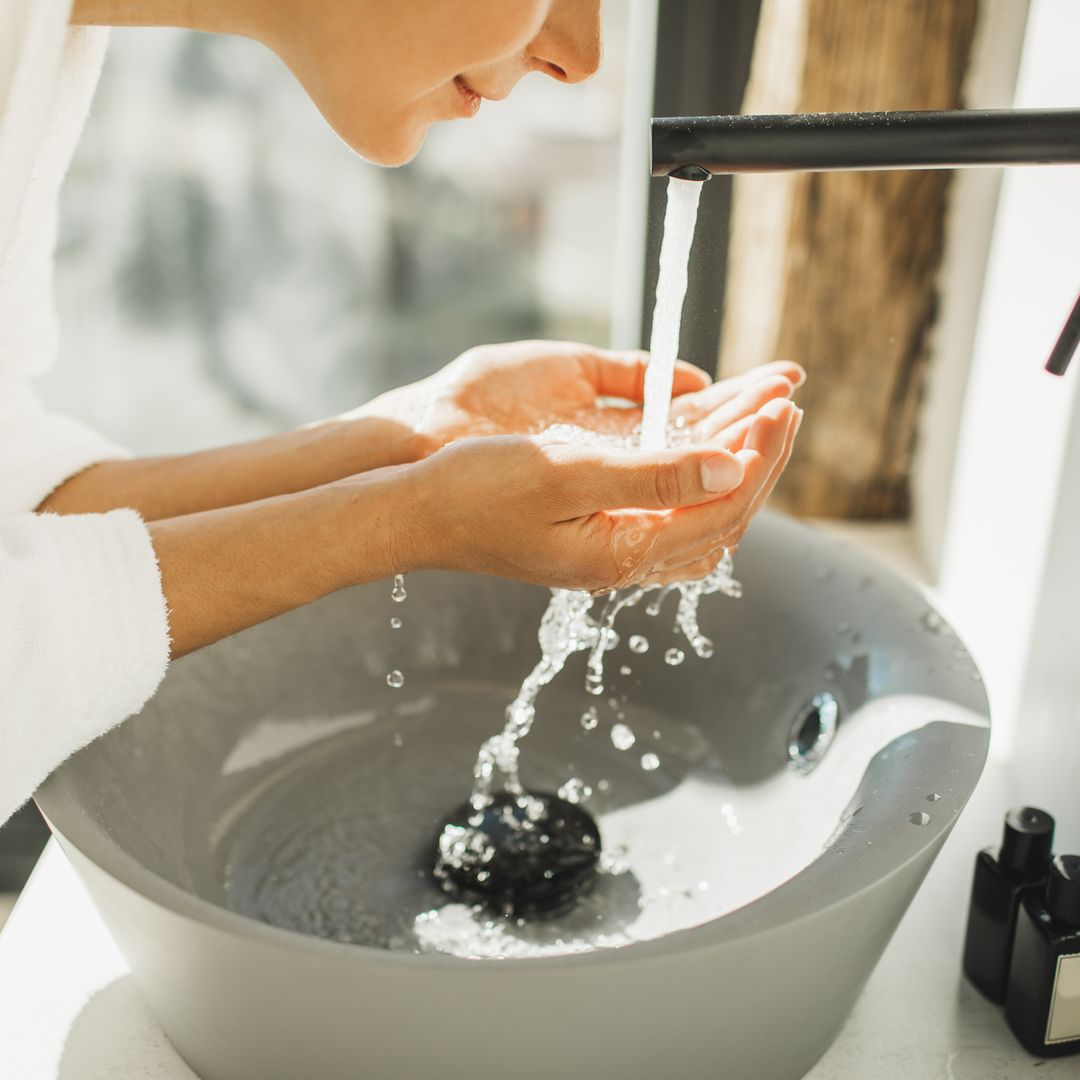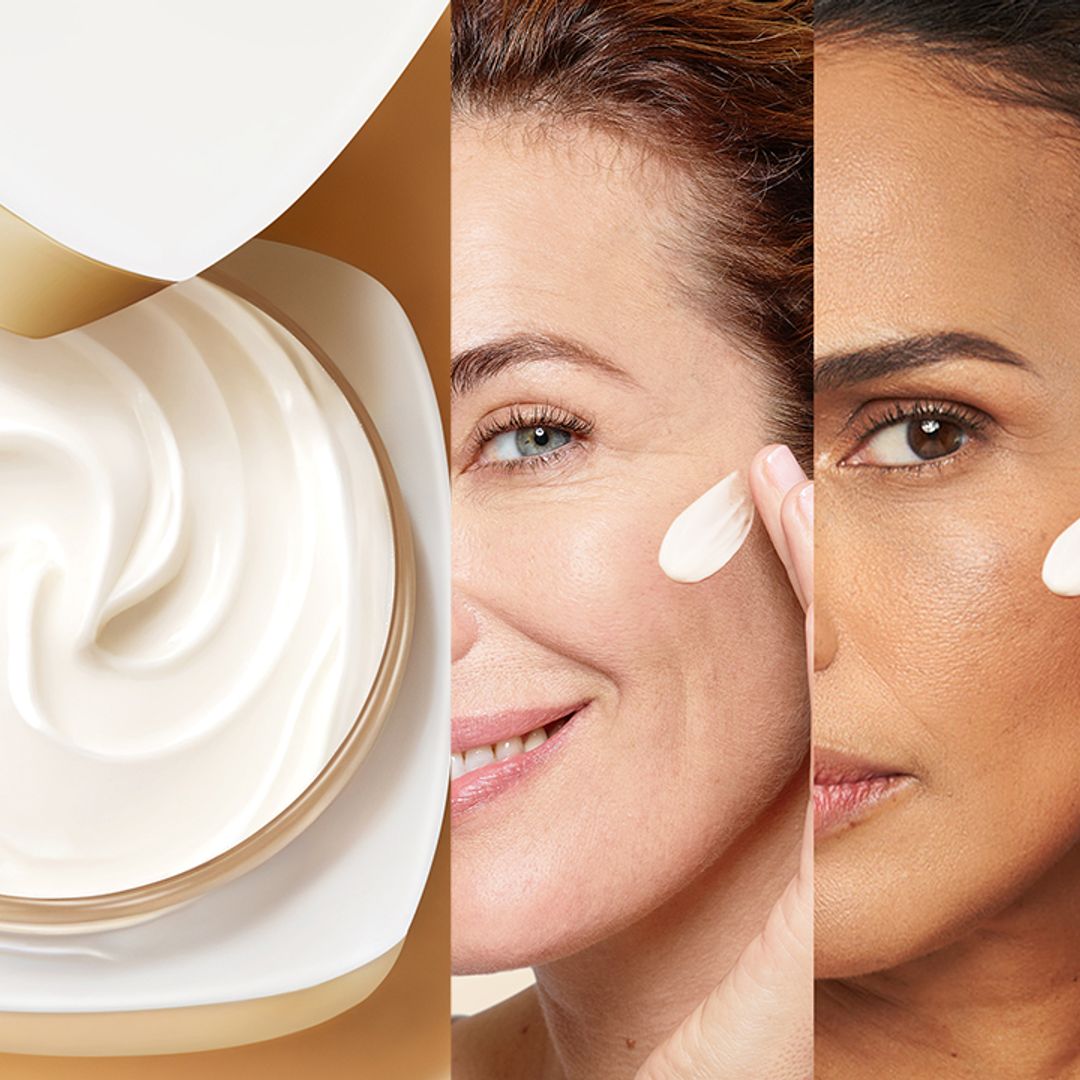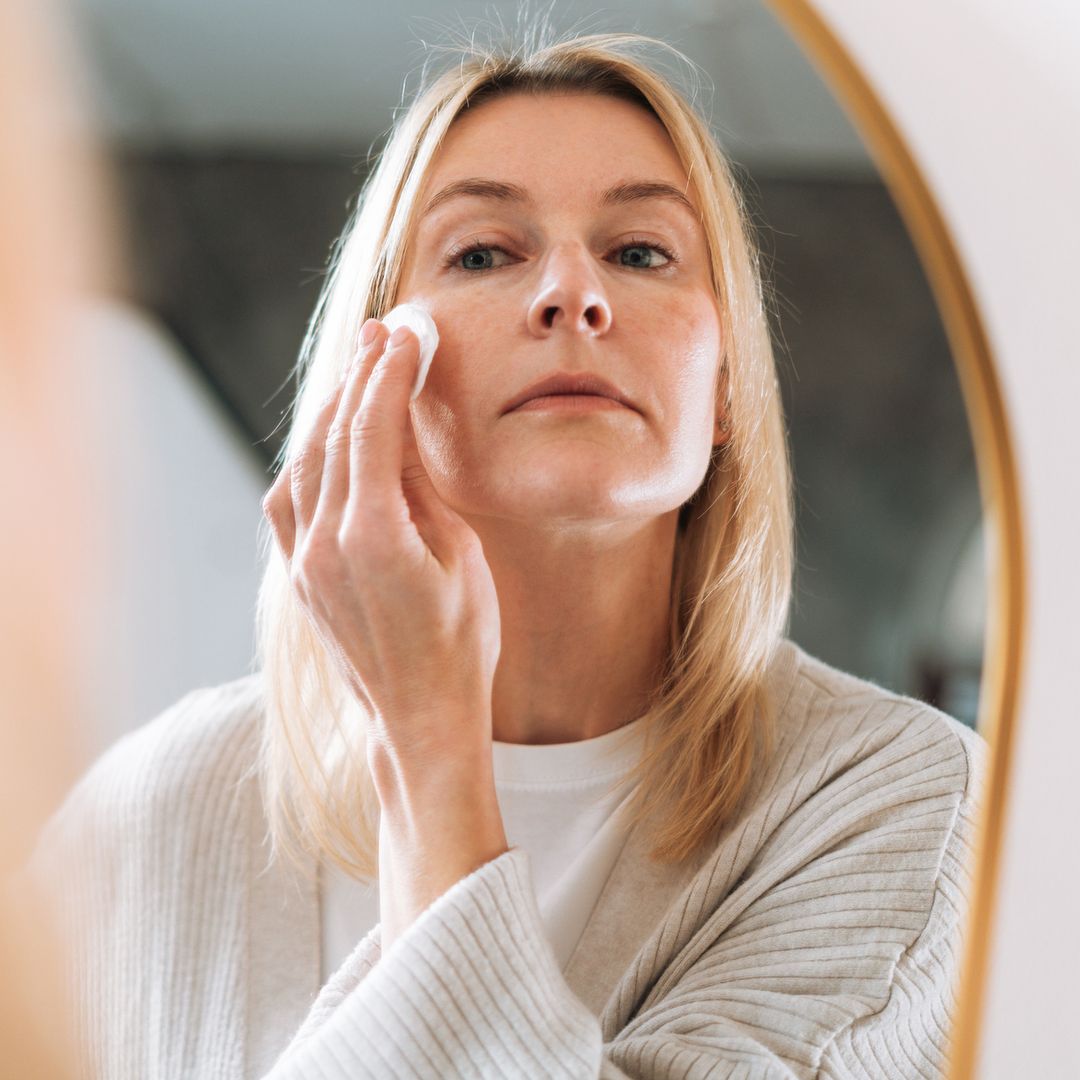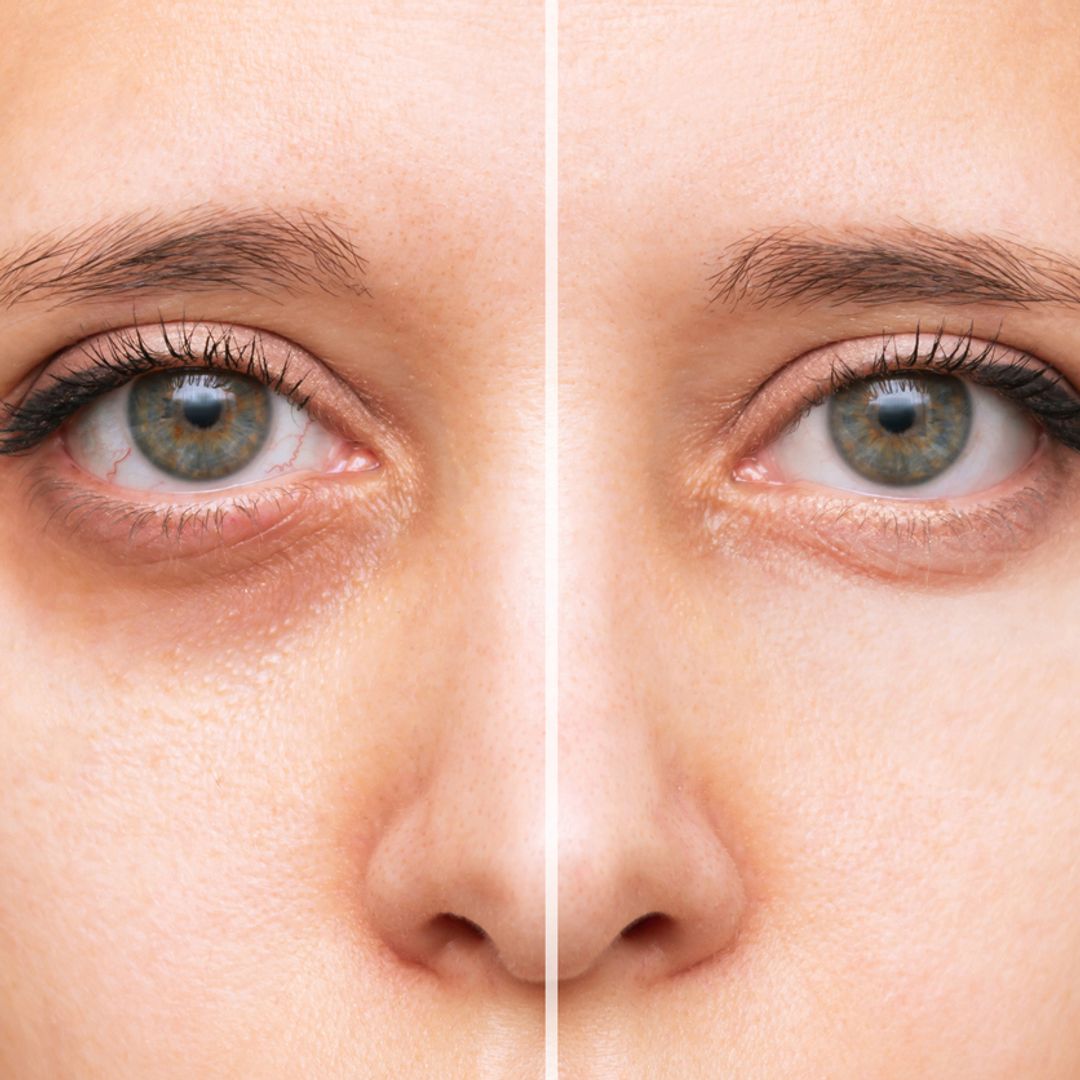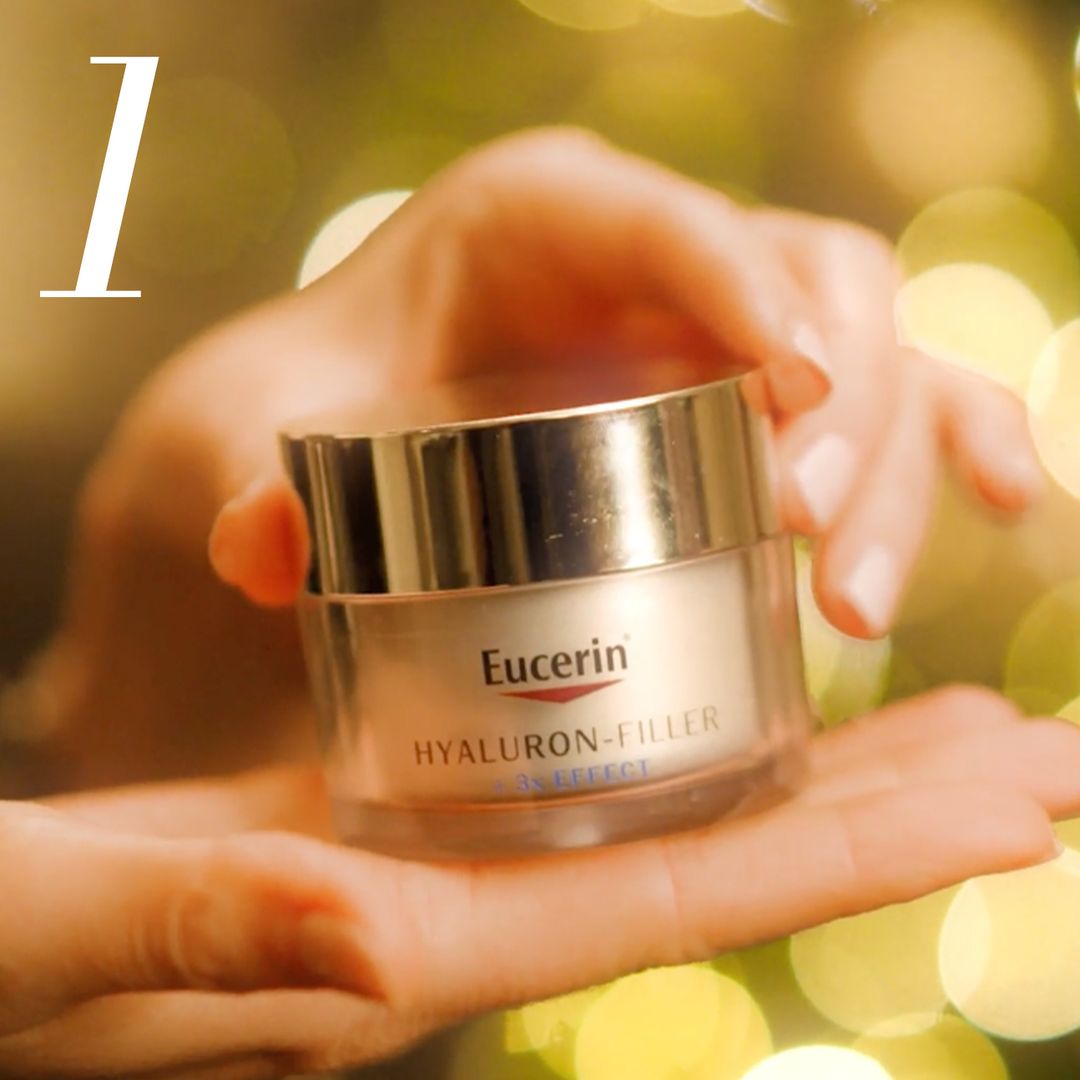For anyone who has ever suffered from acne, the marks and scarring can remain long after your skin has recovered from outbreaks. Although acne scars naturally get less noticeable over time, there are a number of treatments you can use to speed up the process. Once the salons open back up there are special procedures that can transform your skin, and in the meantime, there are lots of products you can use at home.
RELATED: Kate Middleton has an easy skincare beauty hack everyone can try - and it's really cheap
What causes acne scars?
"Acne scars are caused by a chain of events starting with pores that are filled with bacteria, oil and dead skin cells forming pustules or papules causing the follicle wall to expand and burst," says celebrity facialist Kate Somerville. "Your skin then goes into repair mode and produces new collagen fibres that help heal the compromised skin, oftentimes leaving hyperpigmentation and uneven texture."
But before deciding on which treatment route to go down, it's vital to know the difference between a scar and a mark so that you can treat the skin properly. The difference between these can be surprisingly subtle. An acne scar will be white in colour and the skin will be dented whereas a mark, that has not yet scarred, will be red and irritated in colour. A mark can also be light to dark brown which is a sign of Post-Inflammatory Hyperpigmentation (PIH). It's only a scar once the skin has gone pale.
How to get rid of acne scars
Don't panic - there are several ways to get rid of acne scars at your disposal. From preventative measures to everyday beauty treatments you can incorporate into your routine and one-off facials worth splashing out on, we've got you covered. Here are the best ways to get rid of acne scars...
1. Prevention
Ideally, you want to combat acne right from the beginning, and prevent any further scars from forming. "To clear breakouts, first focus on reducing stress," says a skin expert from skincare brand Dermalogica. "This is a top trigger because it can stimulate excess oil production and hormonal fluctuations, as well as impair the skin's ability to heal. Secondly, establish a regular skincare regime that targets the main contributing factors of breakouts: excess oil, excess dead skin cells, bacterial growth, chronic inflammation and post-inflammatory hyperpigmentation (this is what causes those stubborn post-breakout marks)." Look for products with Salicyclic Acid (this helps clear away dead skin cells) like Dermalogica's Age Bright Clearing Serum, £58.50, Bentonite or Kaolin Clay (to reduce excess sebum), Thymol (to reduce sebum and breakout-causing bacteria) and Niacinamide (to help fade post-inflammatory hyperpigmentation).
Dermalogica AGE bright clearing serum, £58.50, Feel Unique
SHOP NOW
Secondly, it's imperative to use daily sun protection. Even minimal exposure to UV light can counteract the strictest of brightening regimes because when a hyperpigmented area is exposed to UV light, more melanin production is triggered, causing further darkening. So get your SPF on! We like CeraVe Facial Moisturising Lotion SPF25, £12.
2. Microneedling
Provided it's carried out by a professional, microneedling can be one of the most effective ways to combat acne scars. The act of microneedling, also known as skin needling, causes micro-wounds, which forces the skin to produce new, healthy collagen and elastin, which reforms the skin.
RELATED: Stars who have overcome acne and how they did it
3. Exfoliation
Exfoliation won't get rid of the scars completely, but they can make a difference with mild acne scarring, by means of resurfacing the skin. "If you're noticing a difference in texture due to acne scarring, using an exfoliant twice a week at home may help as it sloughs off the dead skin cells," says Kate. "Make sure to nourish skin after." Look for products containing AHAs (like Glycolic acid) like Kate Somerville ExfoliKate Intensive Exfoliating Treatment, £21, or REN's Ready Steady Glow Daily AHA Tonic, £27.
Kate Somerville ExfoliKate Intensive Exfoliating Treatment, £21, Cult Beauty
SHOP NOW
4. Skin peels
During a chemical peel, concentrated chemicals are applied to the surface of the skin to remove scar cells and let new ones grow. One of the best types of peels for treating acne scars is a phenol peel, which penetrates deep into the layers of skin beyond the epidermis. Thanks to its potency, Penol peels must be carried out by professionals only. Before you choose the clinic and professional, do your research to make sure they are reputable.
5. LED facials
Light therapy has multiple skin benefits and recent research suggests that red LED light may help with cell repair, meaning skin can recover more effectively following a breakout. The Light Salon, based in London, specialises in LED facials which are excellent for helping mild to severe adolescent and adult acne. Non-invasive, red light destroys the bacteria causing blemishes and speeds up the healing process of irritation which improves the overall condition of the skin. With zero downtime and prices starting from just £35, it's one of the best things you can do for irritated skin.
Fancy a home LED facial? This bargain Amazon mask promises visible results in just one week. Use for 10 minutes a day over The course of 12 weeks to see acne inflammation reduced and breakouts banished.
LED Face Mask, £24.99, Amazon
6. Vitamin C
Vitamin C is proven to fade dark spots, as well as provide protection against environmental aggressors so that further dark spots are prevented, and should be a firm fixture in your skincare regime. We like SkinCeuticals C E Ferulic, £140, or The Ordinary Vitamin C 23% + HA Spheres 2%, £4.95, for a more budget-friendly option.
7. Retinol
Retinol, Vitamin A, is one of the most useful tools we can have in our skincare arsenal - and its effective for acne scarring, too. By increasing the rate of cell turnover, retinol helps to reduce any hyperpigmentation that occurs post-breakout. Try Elizabeth Arden's Retinol Ceramide Capsules Line-Erasing Night Serum, £47.44, for a non-irritating, yet potent formula.
Elizabeth Arden's Retinol Ceramide Capsules Line-Erasing Night Serum, £47.44, Amazon
SHOP NOW
8. Laser treatment
Laser treatment can be an effective way of repairing damaged skin. The Pixel CO2 laser, which costs £450 per treatment, creates small microscopic indentations in the skin, which then stimulate new collagen production. Only opt for laser treatments after consulting with a specialist, as the results will depend upon your skin condition. You will find clinics around the country that responsibly offer the service.
How to get rid of acne scars naturally
If you can't afford to splash out on a fancy cream or facial, there are a few simple home remedies that might help fade scars. These natural products are known for their healing properties and can work wonders in helping reduce the appearance of marks and calming skin. Although highly acidic, lemon juice is said to reduce discoloration and even out skin tone if used sparingly.
- coconut oil
- aloe vera
- honey
- lemon juice
Aloe Vera Gel two-pack, £6.49, Amazon
SHOP NOW
HELLO!'s selection is editorial and independently chosen – we only feature items our editors love and approve of. HELLO! may collect a share of sales or other compensation from the links on this page. To find out more visit our FAQ page.
